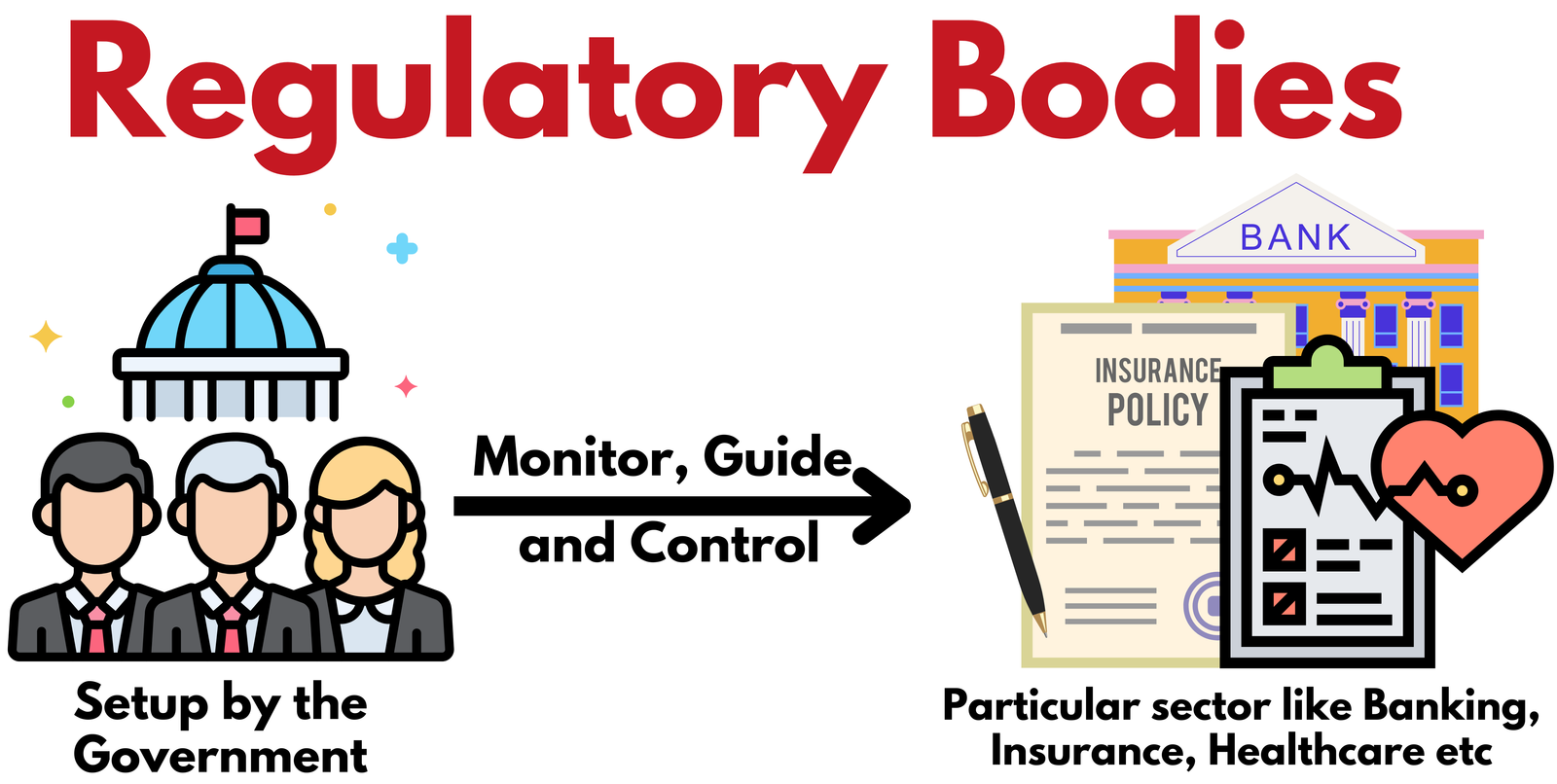Introduction
Property development is a complex process that involves multiple legal, environmental, and financial considerations. To ensure that developments are safe, sustainable, and aligned with public interests, various regulatory bodies oversee the industry. These entities enforce rules and regulations at the local, state, and federal levels, helping to guide developers in achieving projects that meet community needs, legal standards, and environmental goals. Regulatory bodies play an essential role in maintaining the balance between growth and responsibility, ensuring that property development aligns with broader societal interests.
Local Government Agencies
At the core of property development oversight are local government agencies. These bodies are responsible for establishing zoning laws, land-use regulations, and permitting processes specific to their jurisdictions. Local planning commissions and zoning boards are examples of agencies that help determine how land can be used and developed within a municipality. They review and approve or deny proposals based on factors such as zoning compatibility, community impact, and environmental considerations.
The local building department also plays a vital role by enforcing building codes and regulations, which dictate the standards for construction to ensure safety and durability. Permitting processes for construction, demolition, and occupancy are also managed by these agencies, with developers required to submit detailed plans and secure necessary approvals before proceeding with their projects.
State-Level Oversight
State governments also have regulatory responsibilities related to property development, often dealing with broader issues such as environmental protection, labor laws, and taxation. Agencies such as state environmental protection departments regulate how developments impact natural resources and ecosystems. These departments may require developers to conduct environmental impact assessments (EIAs) or provide mitigation plans for potential environmental harms, especially for projects in sensitive areas like wetlands or coastal regions.
In addition, state-level agencies are responsible for overseeing construction safety standards, workers’ compensation insurance, and compliance with state labor laws. For example, state departments of labor and employment monitor wage laws, worker protections, and safety regulations on construction sites. They ensure that all workers involved in property development are compensated fairly and that the work environment complies with health and safety standards.
Federal Regulatory Bodies
At the federal level, several agencies play an essential role in property development, particularly when it involves large-scale projects or when federal funds or land are involved. One of the most prominent federal agencies is the U.S. Environmental Protection Agency (EPA), which oversees compliance with national environmental regulations. The EPA enforces laws such as the Clean Water Act and the Clean Air Act, ensuring that property developments do not pollute water bodies or degrade air quality.
The U.S. Army Corps of Engineers is another critical federal body involved in property development, especially when construction or land alteration affects wetlands or floodplains. Developers may need to obtain permits from the Corps before proceeding with projects in these sensitive areas. Similarly, the Federal Emergency Management Agency (FEMA) enforces floodplain management regulations and ensures that development does not exacerbate flood risks.
The Department of Housing and Urban Development (HUD) also provides oversight and guidance, particularly for projects involving affordable housing, urban renewal, and community development. HUD administers federal housing funds and enforces rules that promote fair housing, addressing issues such as discrimination and ensuring that developments cater to diverse populations.
Specialized Regulatory Entities
In addition to general regulatory bodies, there are specialized agencies that focus on specific aspects of property development. For example, the National Park Service (NPS) plays a role in the development of projects that could affect national parks or other protected areas. Developers must work with the NPS to ensure that their projects do not harm the integrity of these areas, following guidelines designed to preserve natural and historical landmarks.
Similarly, agencies such as the Federal Communications Commission (FCC) oversee aspects of infrastructure development related to telecommunications. In areas where new developments may require additional communication infrastructure or the placement of antennas, developers must comply with FCC regulations regarding wireless communication and broadcasting.
Conclusion
The landscape of property development is shaped and regulated by a diverse group of agencies at various levels of government, each playing an essential role in ensuring that developments are safe, sustainable, and aligned with public interests. Local government agencies are responsible for zoning, land use, and building permits, while state agencies oversee labor laws, environmental protection, and safety regulations. Federal bodies like the EPA, Army Corps of Engineers, and HUD enforce broader environmental and housing policies that impact development projects. Specialized agencies, such as the NPS and FCC, further regulate specific aspects of property development, from environmental preservation to telecommunications infrastructure. Developers must navigate the regulatory framework set by these bodies to ensure that their projects comply with all necessary rules and guidelines, ultimately contributing to the creation of safe, functional, and sustainable spaces.
Hashtags
#RegulatoryBodies #PropertyDevelopment #RealEstateRegulation #UrbanPlanning #BuildingCodes #ZoningLaws #ConstructionRegulations #LandUse #PropertyManagement #RealEstateLaw #DevelopmentApproval #LocalGovernment #EnvironmentalRegulations #HousingAuthority #PlanningCommission #BuildingPermits #RealEstateDevelopment #Compliance #InfrastructureDevelopment #PropertyStandards


